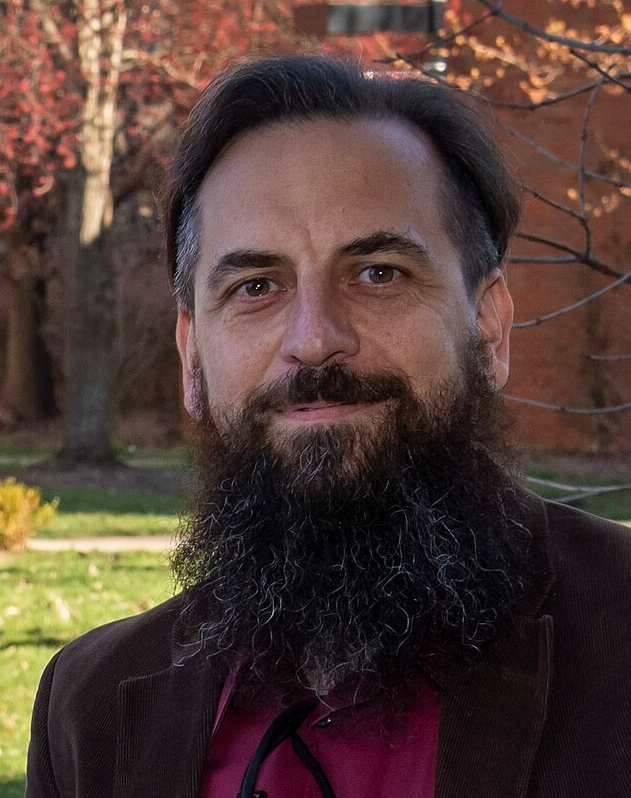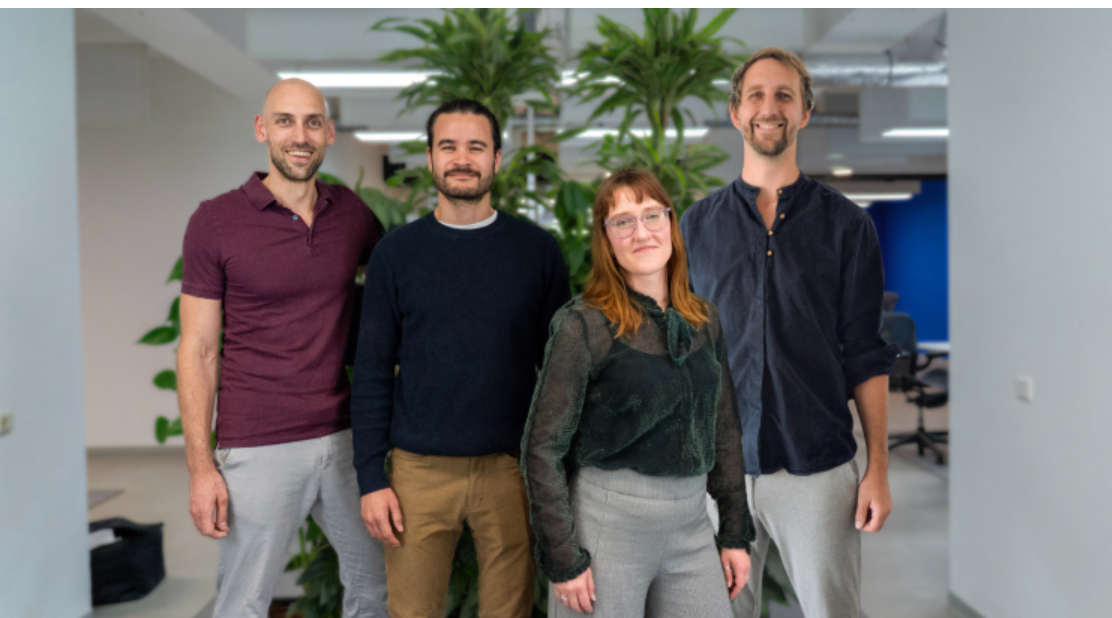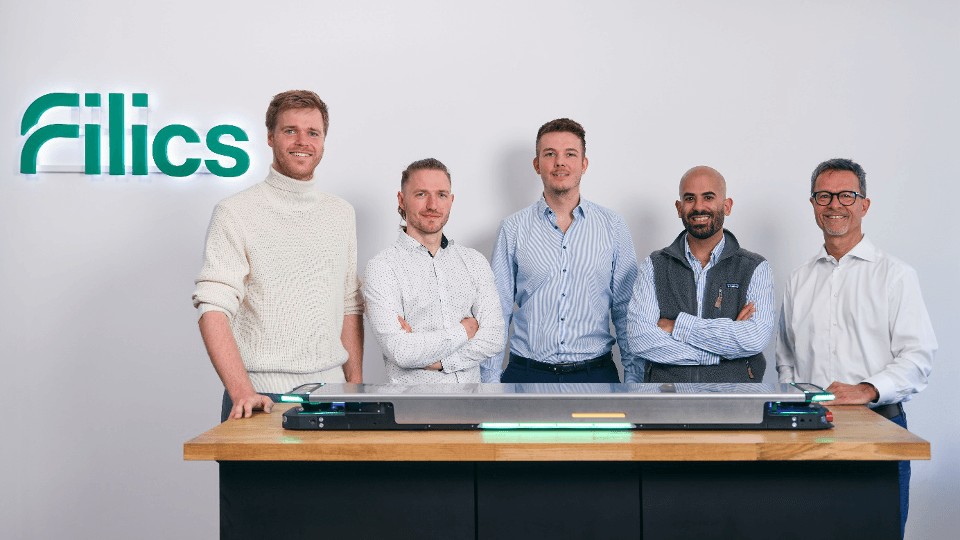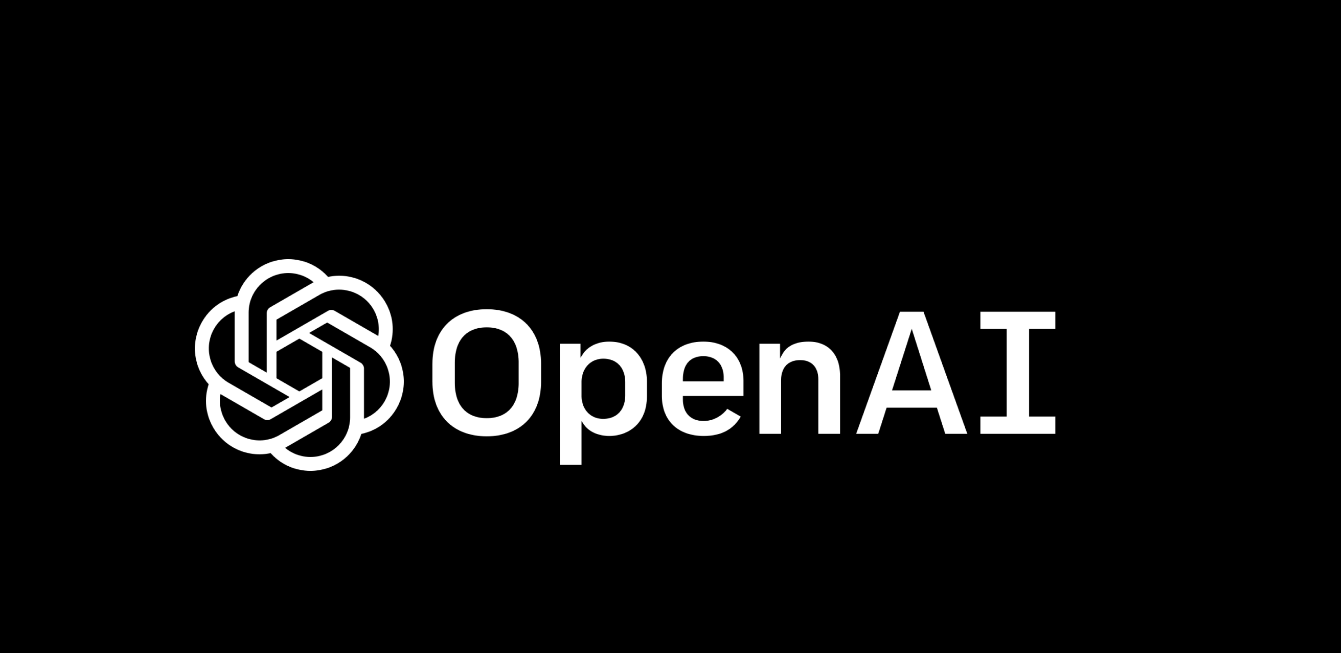Could AI ever be conscious, or are we just projecting our human traits onto sophisticated algorithms? In this intense conversation with Lex Fridman recently, Dr. Roman Yampolskiy — one of the top world-class computer scientists and specialists in AI safety — attempted to answer this most profound question about consciousness.
Yampolskiy is an associate professor at the University of Louisville. He has made a name for himself through his writings on AI safety and ethics while at the same time attempting to explore what in human consciousness could be considered unique, and whether or not it could be appropriately reproduced in machines.
The only thing which matters is consciousness; outside of it, nothing else matters,” he said, stressing the central role of subjective experience in defining human uniqueness.
Yampolskiy underscored the complexity of human consciousness, which includes internal states like pain and pleasure, and contrasts this with the current state of AI. He points out: “I’m not aware of anyone claiming that I can torture a piece of software in a meaningful way.” This clearly explains the gap between human experiences and the capabilities of AI.
In discussing the potential for AI to achieve consciousness, Yampolskiy mentioned his efforts to design a test for machine consciousness. He described his approach, stating that he had attempted to create a test with moderate success and expressed his willingness to collaborate with others interested in running the experiment. His test involves using optical illusions to assess an AI’s internal state, a novel idea aimed at determining if machines can experience the same perceptual anomalies as humans.
Yampolskiy also addressed the ethical implications of conscious machines. He warned of the dangers if AI were granted rights prematurely, given their ability to replicate and potentially dominate societal systems.
“That paper talked about problems with giving civil rights to AI which can reproduce quickly and outvote humans,” he explained, throwing light on the need for caution in integrating AI into our legal and ethical frameworks.
Despite the challenges, Yampolskiy remains open to the possibility that AI might one day achieve consciousness. However, he stresses that current methods, such as the Turing Test, are insufficient for this purpose.
“To me, consciousness is closely tied to suffering,” he said. This suggests that true consciousness would involve the capacity for genuine suffering, not just simulated responses.
While the journey to conscious AI is fraught with technical and ethical hurdles, Fridman picking Yampolskiy’s brain provide a valuable roadmap. His work invites further exploration and collaboration in the quest to understand and potentially replicate the profound mystery of human consciousness in artificial systems.
Featured image: Credit: uoflphoto3, Wikipedia






